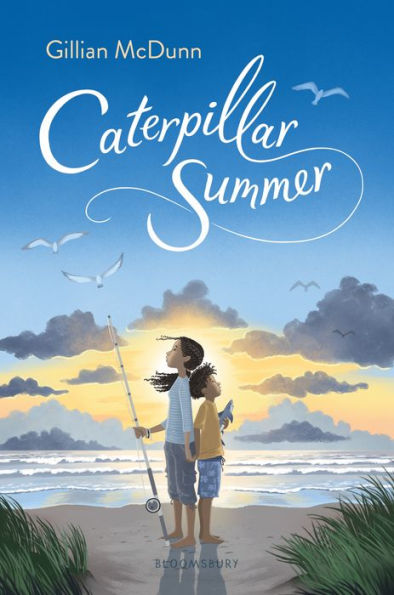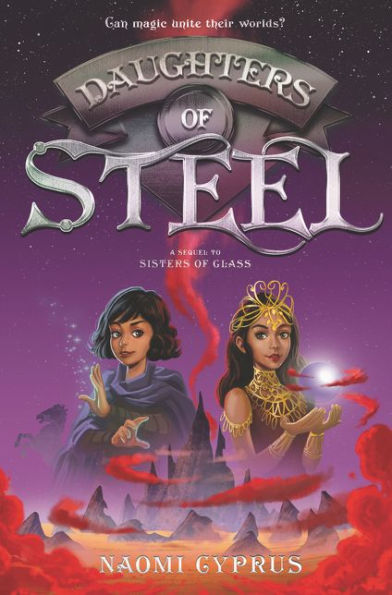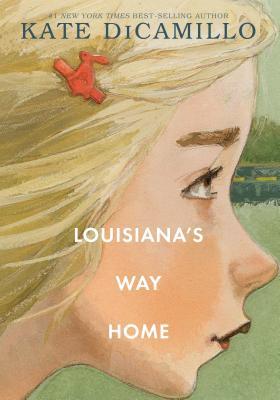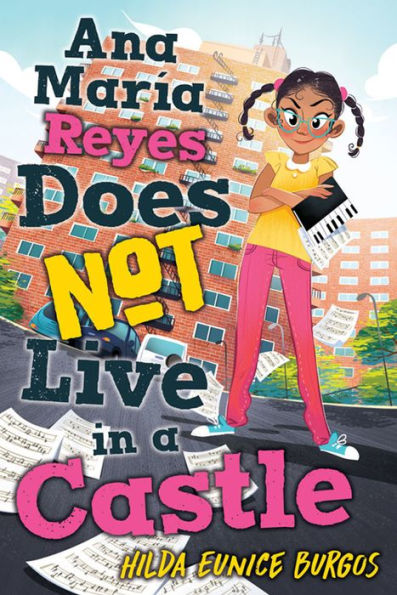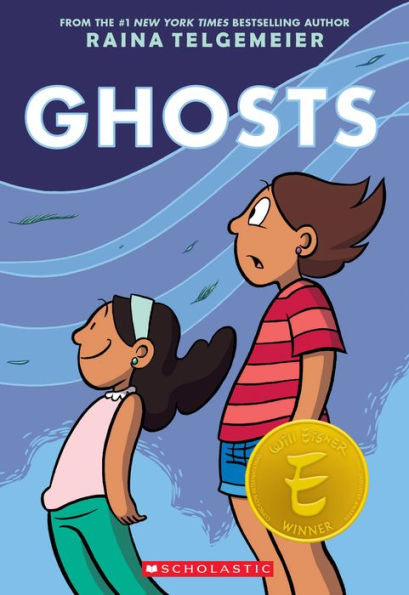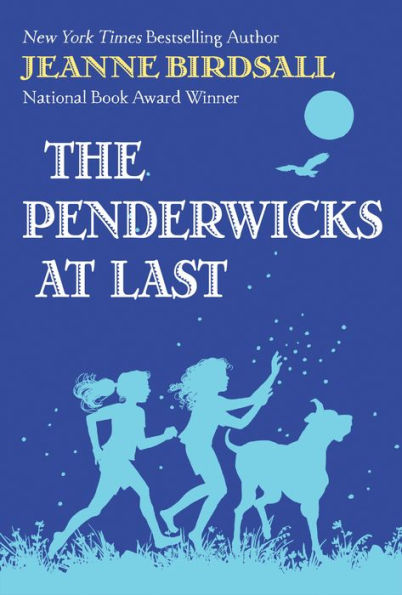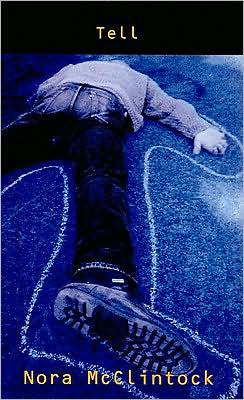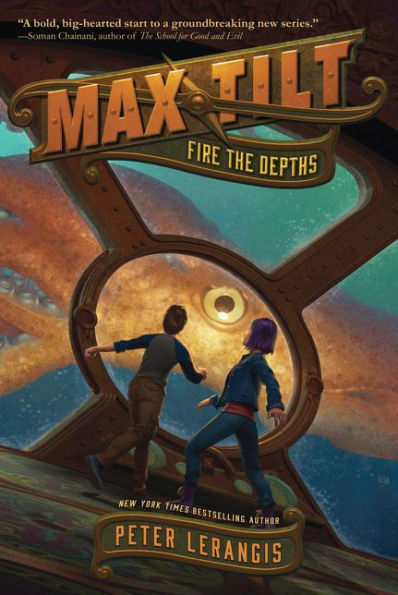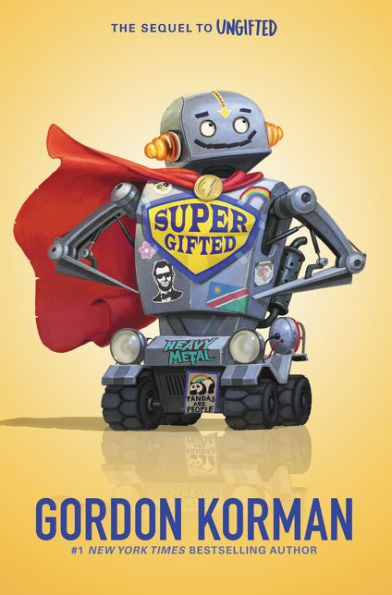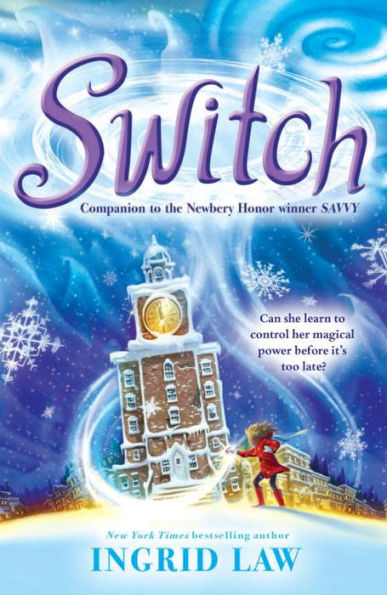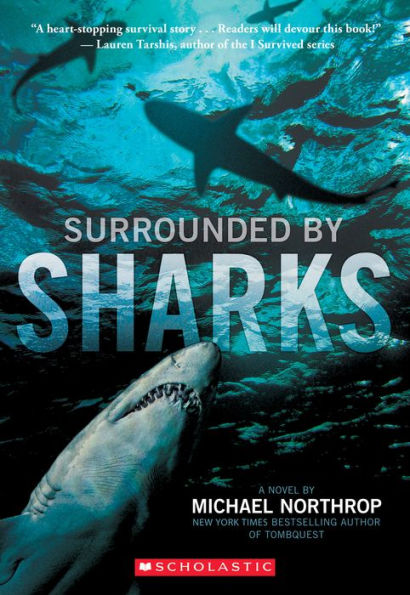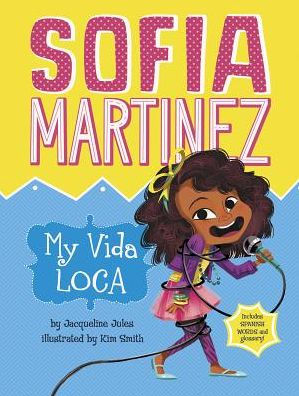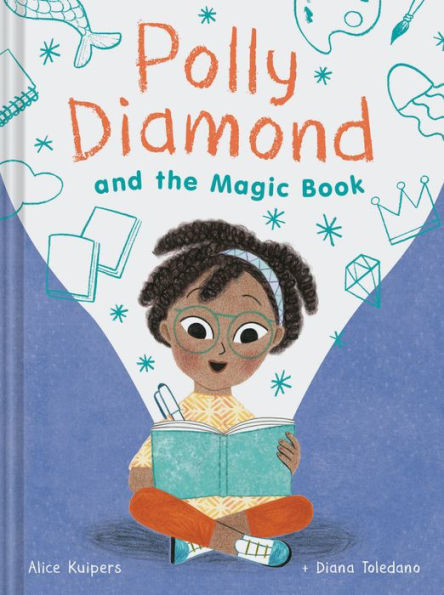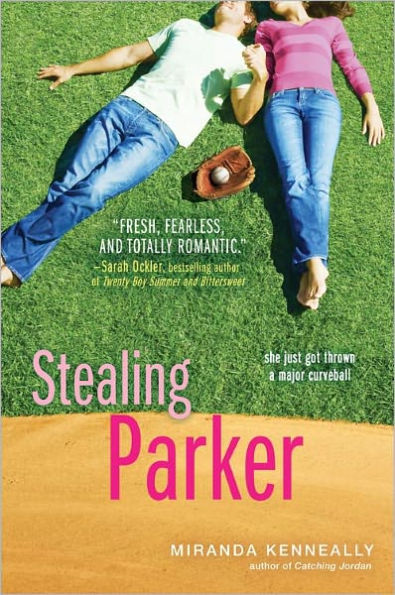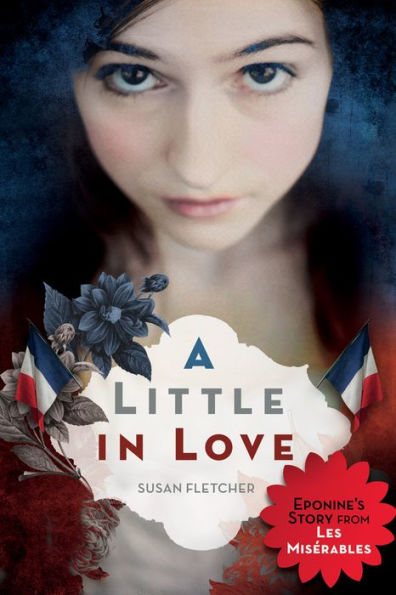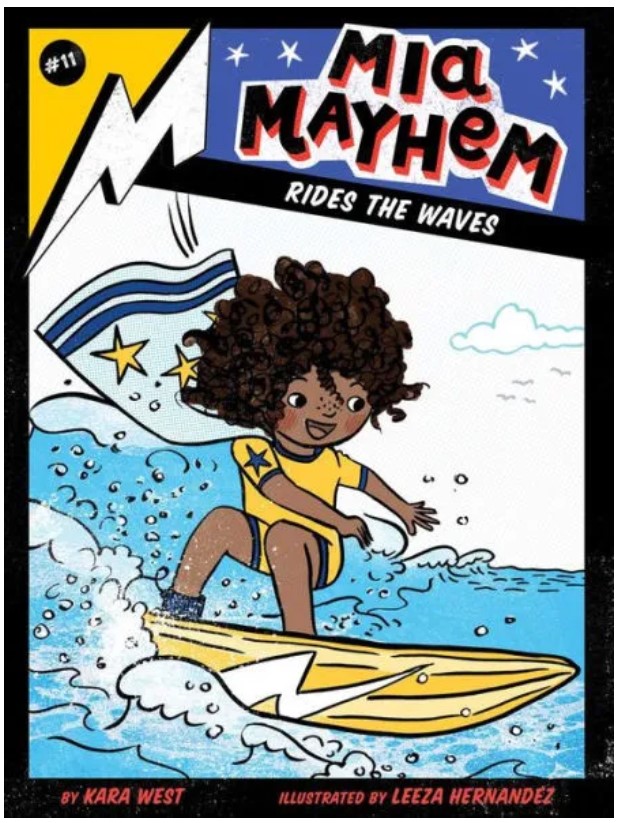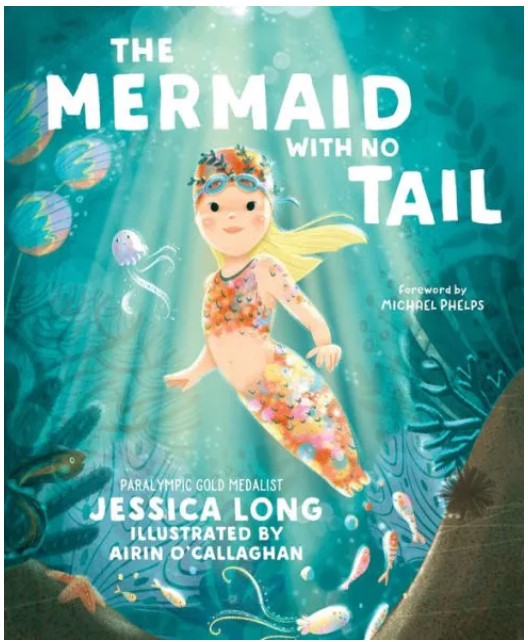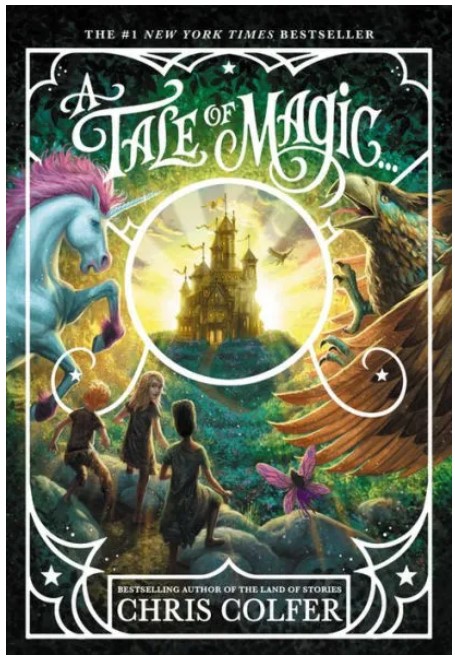Reese doesn’t want to go on a boating trip with his family. He doesn’t understand why he can’t just stay home alone. When the family heads out to sea, a surprise storm wrecks their ship, and they end up on a strange island. The island has weird plants, weirder animals, and lethal inhabitants.
The castaways must find a way to escape the island’s inhabitants. But they have few resources, and there are strange creatures swarming the island. When the family finds an artifact, they follow the clues trying to unlock the island’s secrets. Is there any way Reese and his family can survive on this bad island?
Bad Island is an action-packed story that combines two stories. Giant aliens are at war with another empire, and some of the aliens eventually come to Earth. The family, who just wanted to take a boating trip, ends up on the same island with the aliens. The beginning of the story is a bit confusing because the illustrations have very little text to explain the alien conflict. More information about the aliens, the war, and the conflict would have been helpful. Even though the story and the characters are underdeveloped, Bad Island still has many positive aspects.
The comic style illustrations bring the bad island’s creepy inhabitants to life. Much of the fighting is illustrated in kid-friendly pictures and contains bold onomatopoeias such as “Fling! Blaaarrr! Swack! Chomp! Whomp!” The action-packed sequences and character’s expressions give the story an added depth of emotion. As the book weaves the two stories together, the readers will see the parallels between the stories that focus on the father and son relationship.
Younger readers will be drawn to Bad Island because of the amazing illustrations, and they will also relate to the characters in the story. Anyone who has an annoying little sister will have empathy for Reese, who has to try to save his sister even while she drives him crazy. The story clearly shows the importance of family love. Bad Island contains little bits of text scattered throughout the story, a simple plot, and a positive message that is perfect for younger readers who are reluctant to dive into books.
Sexual Content
- None
Violence
- The story shows aliens at war; the pictures show the fighting in non-gory, kid-friendly detail over seven pages.
- When the family captures an alien and ties it up, a huge tree-like creature chases the family. In order to escape, the dad cuts the vines of the tree.
- Strange creatures attack the family; the kids are able to run away, but the parents are captured. As the kids run, Reese shoots a creature with a flare gun. The creature catches on fire. The parents are tied up and put in a hole. The scene takes place over 12 pages.
- When the parents are captured, the creatures try to put the parents in a pit of acid. Reese throws rocks at the creatures, and the parents escape. Some of the creatures are thrown into the acid. The chase scene takes place over many, many pages.
- Reese kicks a creature.
- While exploring the inside of an alien robot, the robot awakens and snaps Janie in its teeth.
- In another world, the aliens are fighting a war, and an alien is stabbed in the stomach; he is put in cryo-sleep.
- Another alien attacks the family and uses some type of power to stop the dad from moving. Another alien helps the family escape.
Drugs and Alcohol
- None
Language
- Heck is used twice.
- When Reece was born, he stopped breathing, and his dad said, “On that day, I was scared as hell.”
- When Reece sees a monster-alien, he says “Oh, crud.”
- The dad calls an alien a jerk.
Supernatural
- A skeleton comes to life and is being controlled by an alien being.
- When the kids touch a rock with a symbol on it, they turn invisible.
- Janie’s pet snake comes back to life.
Spiritual Content
- When the family’s boat crashes and no one is injured except a pet snake, the mom says, “Oh, Thank God it’s just the snake.”
- When Janie’s snake dies, she asks her father, “Do you think he went to heaven?” The dad replies, “I don’t know, Janie. . .But if there is a snake heaven, I’m sure Pickles will be the first one to slither through that door.”


